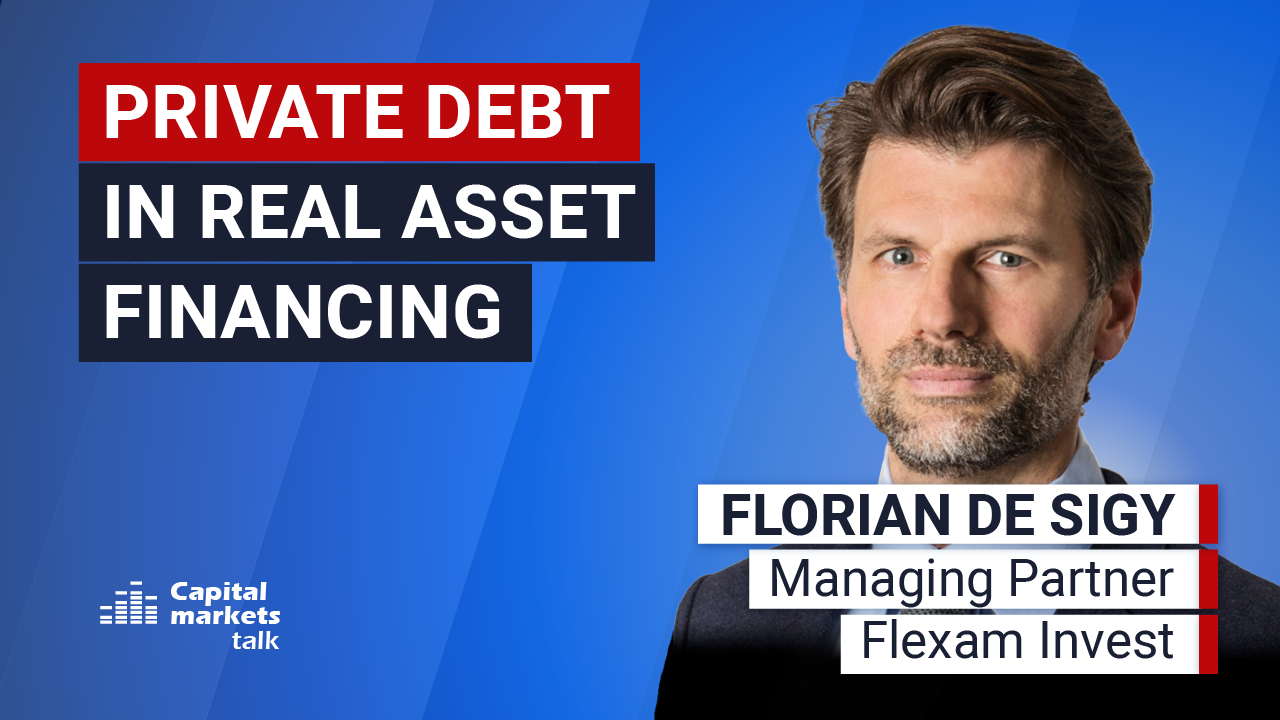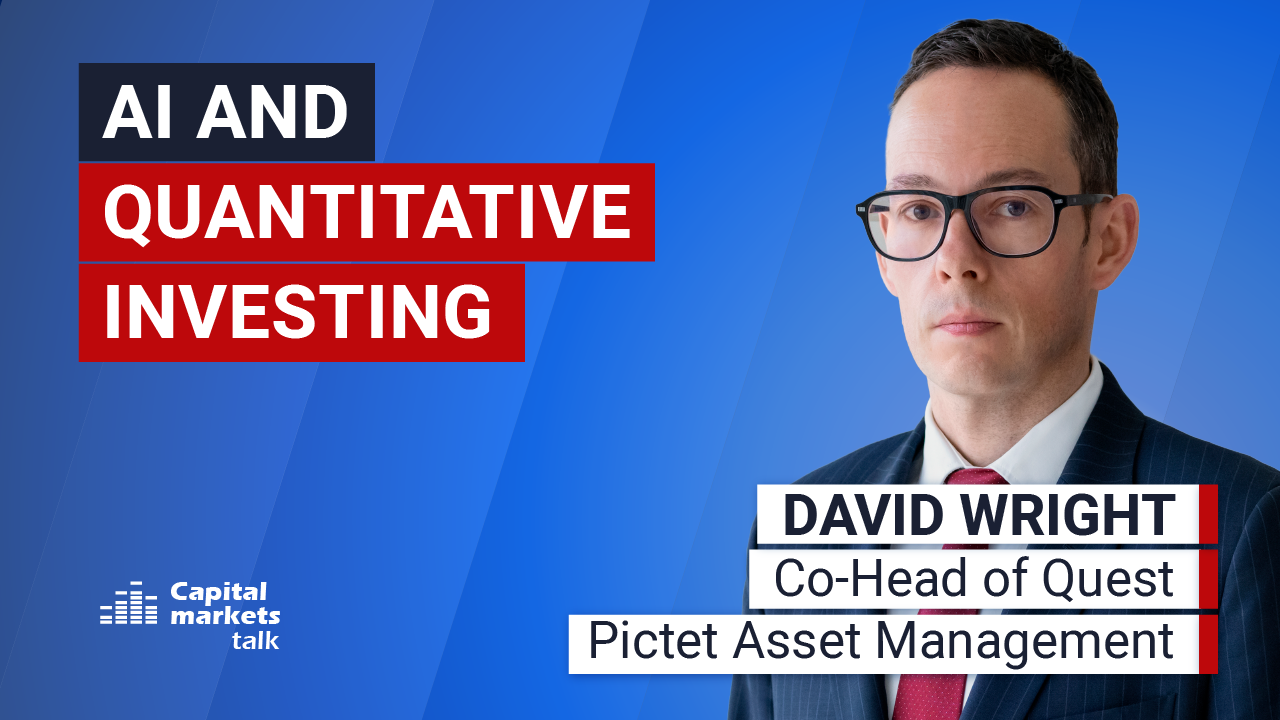The market for sustainable debt instruments is gaining traction around the globe. This is seen as direct financing for sustainable development. In this space, equities were always one step ahead, but with an increased range of options for investors in fixed-income, possibilities are emerging. Allianz Global Investors explores the sustainable debt market and sheds light on the opportunities for investors in such debt instruments.
Proceeds bonds: Instruments seeking a positive environmental or social impact. Under this category debt instruments can be subdivided into green, sustainability or social bonds. Green bonds can be further subdivided into climate and blue bonds which finance climate action and ocean resources respectively.
Sustainability-linked bonds: This debt instrument is relatively new in the market. Rather than directly financing a climate-related project it lets investors finance a climate-related-sustainability thematic bond that is linked to specific targets of sustainability. These instruments are not constrained by the use of a proceeds framework, and thus are gaining momentum. In 2021, sustainability-linked bonds recorded the strongest growth among all sustainable debt instruments, as per research by Environmental Finance.
Green bonds were the first of such debt instruments and thus the market is dominated by these bonds, but sustainability and social bonds are also carving a niche for themselves, gaining slowly from their first arrival in 2017, as per Dennis Baas, Lead Sustainability Specialist at Allianz GI.
Social and Transition Bonds: The lockdowns induced by Covid-19 highlighted the scope of financing social issues in society, and thus, over the past two years, there has been a significant increase in investment towards social bonds. Debt instruments also gaining momentum are ‘transition bonds.’ Not all issuers are aligned with ‘green’ projects. But there is a positive market for issuers who are transitioning towards a move for a low-carbon economy.
The main hurdles with sustainable debt instruments are the reporting standards and regulations, which are currently entirely handled by the ICMA.
“While the ICMA guidelines primarily offer principles-based frameworks, another international organisation – the Climate Bonds Initiative4 – has developed technical use of proceeds criteria to determine whether financed projects are indeed aligned with the goals of the Paris Agreement,” write Jonathan Ho and Adrien Vannier, Sustainability Specialists at Allianz GI.
Talking about the regulatory policies, the investment management firm cites several developments around the world which provide better clarity on sustainable debt instruments.
Lastly, Allianz GI lists the future drivers of sustainable fixed-income solutions that investors may capitalize on.
Download the complete insight here.
Read more

Global Trade
Trump ignites global trade war / Reactions
The USA itself will be the victim of Trump’s trade policy.

Private Debt
The case for private debt in real asset financing
What makes the combination of private debt and real assets particularly compelling in today’s market?

Schroders
Looking ahead: 30-year return forecasts
Higher returns are expected across asset classes, driven by stronger productivity growth for equities and elevated long-term central bank rate projections for bonds.

Quant Investing
AI and quantitative investing
Artificial intelligence applications go way beyond stock selection.

Bellevue Asset Management
Demographics and AI drive MedTech stocks
MedTech investment case: What makes it attractive, which trends stand out?





















